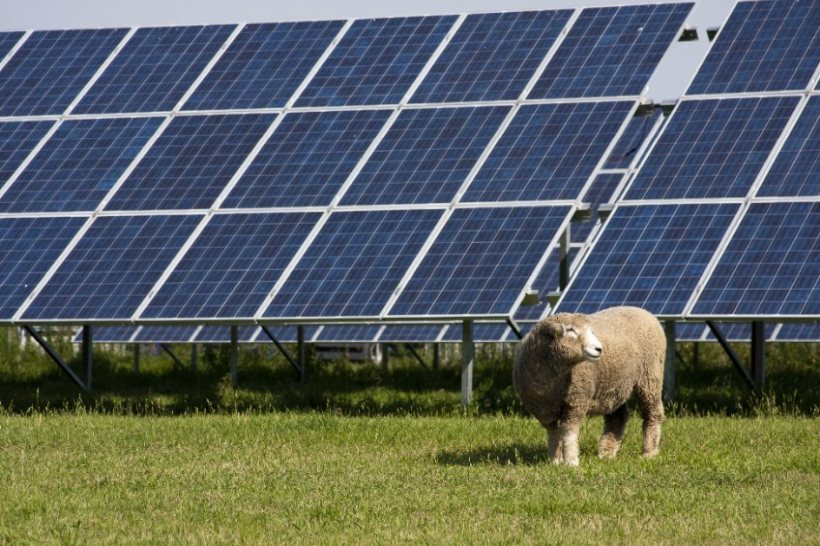
Homes and businesses in the countryside are leading the way on solar power generation, new research says, but numbers are still far too low to meet net zero targets.
48 of the 50 English parliamentary constituencies with the highest domestic solar generation capacity are in rural areas, reflecting the higher number of homes and farms with solar panels.
On average, each rural constituency has domestic solar panels with a total generating capacity of 12.5 MW, compared to just 4.5 MW in urban constituencies.
But both figures are still far too low to meet the government’s net zero targets, according to research by countryside charity CPRE, published today.
Cost is often a hugely significant barrier, the research says, with the average domestic installation bill coming in at more than £6,000
But with the right financial initiatives and practical support in place, the rooftops of homes could act like clean power stations, cutting emissions, slashing energy bills and protecting the countryside.
The report argues that lessons should be learned from countries including Germany, where cash incentives for installing solar panels are as much as double those offered in the UK.
And in Japan, homeowners can have solar panels installed for free in exchange for buying the electricity they generate.
It isn’t all about roofs, however. Since 2023, it has been a legal requirement for a canopy of solar panels to be installed on all new car parks in France.
CPRE research has shown that installing solar panels on the UK’s car parks and new buildings could generate 31 GW, nearly as much energy as ten new nuclear power stations.
Taken together, all suitable roof space and car parks in the UK could generate 117 GW, substantially more than the government’s total solar target of 70 GW by 2035.
CPRE planning and policy lead Jackie Copley said: “We’re calling for a rooftop solar revolution. It’s unacceptable that developers are not required to include solar panels on all new homes. The time for change has come.
"The government must set a target for generating at least 60% of the UK’s solar energy from rooftops and make it easier and cheaper to install panels on existing homes and commercial buildings.”
